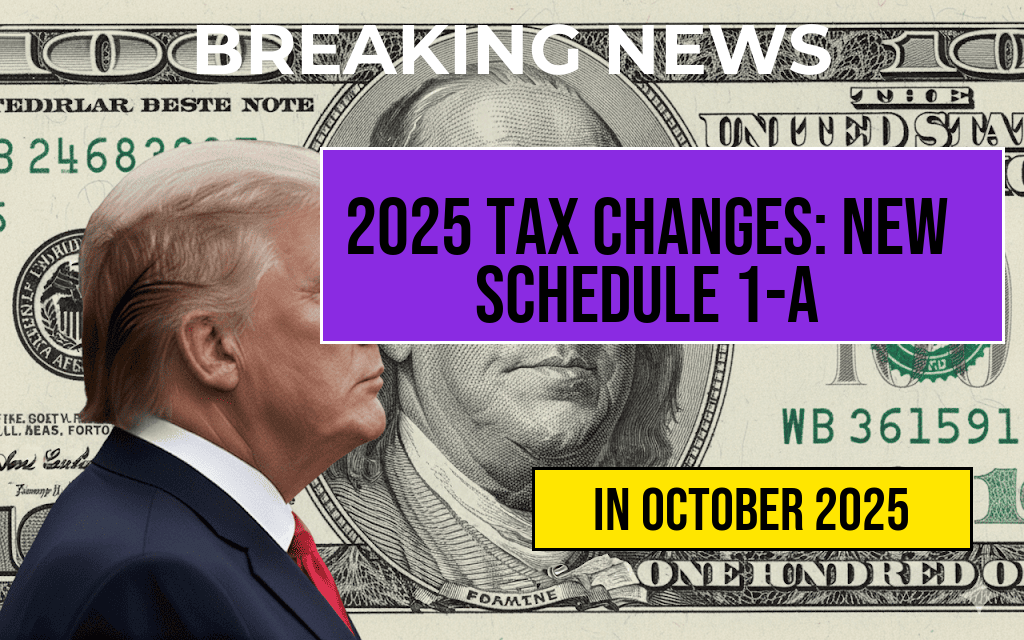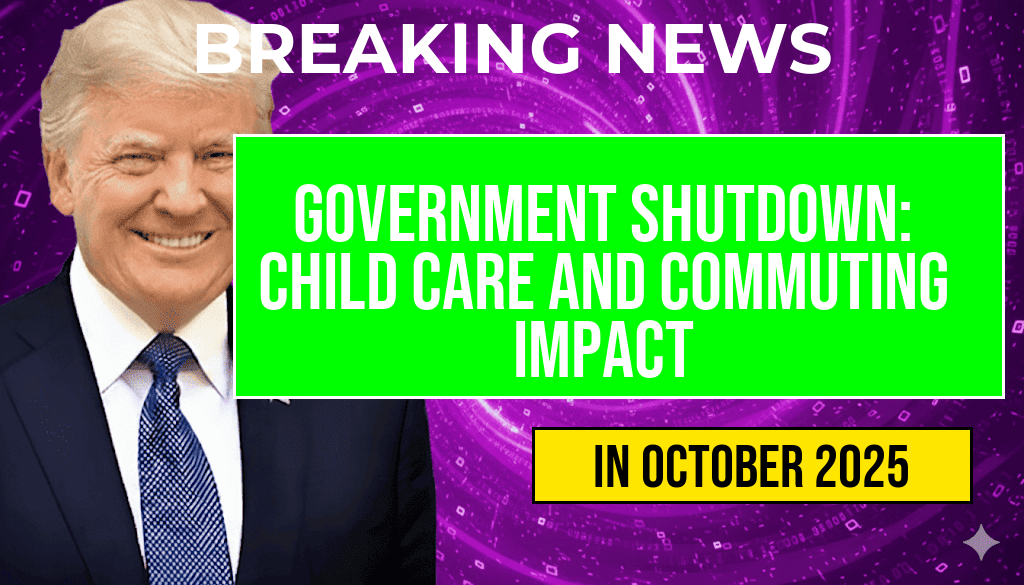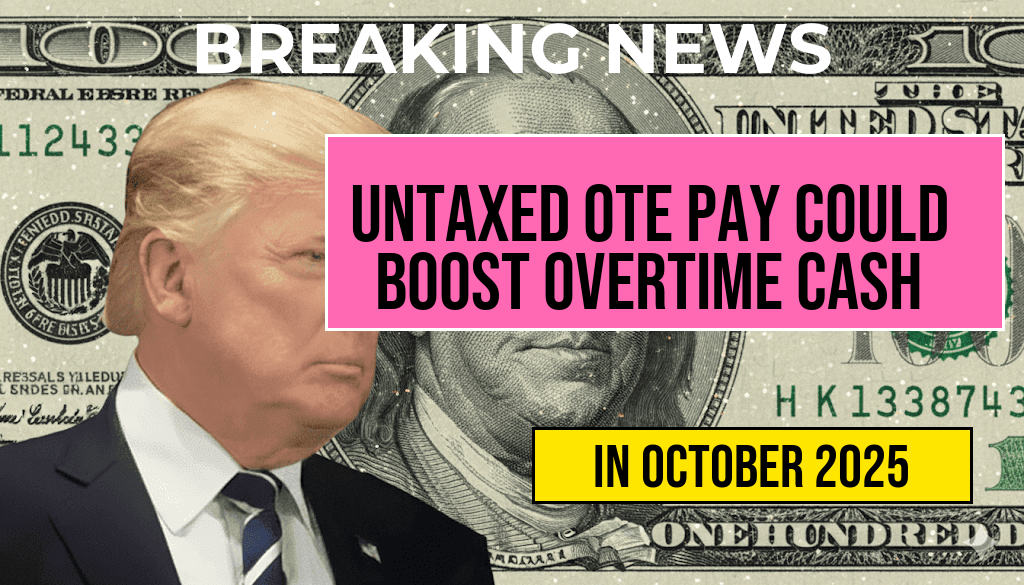The District of Columbia is grappling with a significant budget deficit projected to exceed $1 billion for the upcoming fiscal year. As local officials explore various avenues to bridge this gap, a proposal to reverse the city’s existing tip credit has emerged as a potential solution. The tip credit allows employers in the food and beverage industry to pay their workers a lower base wage, as long as tips supplement their earnings to meet the minimum wage standard. The implications of reinstating a full minimum wage for tipped employees—currently set at $10—are complex, affecting not only restaurant owners and workers but also the broader economic landscape of the District. This article delves into the motivations behind the proposed reversal, its potential impact on the hospitality sector, and what it means for tipped workers in Washington, D.C.
The Current State of DC’s Budget
The economic landscape in Washington, D.C. has been challenged in recent months by inflationary pressures, rising costs of living, and decreased revenue projections. The D.C. Council is tasked with addressing this budget shortfall while ensuring essential services remain funded. Mayor Muriel Bowser’s administration has identified the need for strategic cuts and revenue enhancements to maintain fiscal stability. Among these discussions, the reversal of the tip credit has gained traction as a straightforward approach to increase revenue while supporting wage growth for low-income workers.
Understanding the Tip Credit System
The tip credit system in D.C. allows employers to pay tipped workers a lower minimum wage than their non-tipped counterparts. Currently, the base wage for tipped employees is set at $10 per hour, significantly lower than the standard minimum wage of $16.10. This structure has been contentious, with advocates for workers arguing that tips can be unpredictable and vulnerable to fluctuations in customer patronage.
Arguments for Reversing the Tip Credit
- Increased Wage Security: Advocates suggest that eliminating the tip credit would provide greater wage stability for workers who often depend on tips for their income.
- Addressing Inequality: The reversal is seen as a step toward reducing income inequality within the service industry, particularly benefiting marginalized workers.
- Increased Tax Revenue: By raising the base wage for tipped workers, the city could potentially increase tax revenues, contributing to the budget shortfall.
Potential Consequences for the Hospitality Industry
While proponents of the reversal highlight the benefits for workers, the hospitality industry is bracing for potential challenges. Restaurateurs and business owners are concerned that increasing wages could lead to higher operating costs, which may necessitate menu price hikes, reduced staff, or even business closures.
- Higher Operating Costs: Restaurants may face increased labor costs that could lead to significant challenges in maintaining profitability.
- Job Reductions: Some establishments might reduce hiring or cut positions to offset the increased wage expenditures.
- Menu Price Increases: Price hikes on food and beverages may deter customers, especially in a competitive market.
What Lies Ahead for Tipped Workers
The potential reversal of the tip credit has sparked a broader discussion about the future of tipped workers in D.C. Many workers express optimism, hoping for a more stable income. However, concerns remain about the sustainability of the hospitality sector in light of these changes.
Community Responses and Future Considerations
Community organizations and labor unions are rallying support for the proposed changes, arguing that fair wages lead to a healthier workforce and a more robust economy. Conversely, business associations are lobbying against the reversal, fearing that it could lead to unintended consequences that jeopardize jobs and economic growth.
Conclusion
The debate around the tip credit in Washington, D.C. is emblematic of a larger national conversation about wage equity and the treatment of service workers. As the city navigates its budget challenges, the decision to reverse the tip credit could have lasting implications for the hospitality industry and its employees. Stakeholders on both sides of the issue are urged to engage in constructive dialogue to find a balance that supports workers while ensuring the viability of local businesses.
For further information on the implications of the tip credit and its history in the District, visit Wikipedia or read more at Forbes.
Frequently Asked Questions
What is the current budget gap facing DC?
The DC budget is facing a significant $1 billion gap that poses challenges for funding essential services.
What is the tip credit and how does it relate to the budget gap?
The tip credit allows employers to pay tipped workers a lower minimum wage, with the expectation that tips will make up the difference. Its reversal has been proposed as a potential solution to help address the budget gap.
How would reversing the tip credit affect tipped workers’ wages?
If the tip credit is reversed, tipped workers would receive a higher base wage, potentially raising their overall income but also leading to increased costs for employers.
What are the implications of this proposed solution for the restaurant industry?
The reversal of the tip credit could significantly impact the restaurant industry, as it may lead to higher operational costs, which could be passed on to consumers through increased menu prices.
How is the community responding to the potential changes in the tipped wage policy?
The community has mixed feelings about the potential changes; some support higher wages for workers, while others are concerned about the economic implications for businesses and consumers alike.






